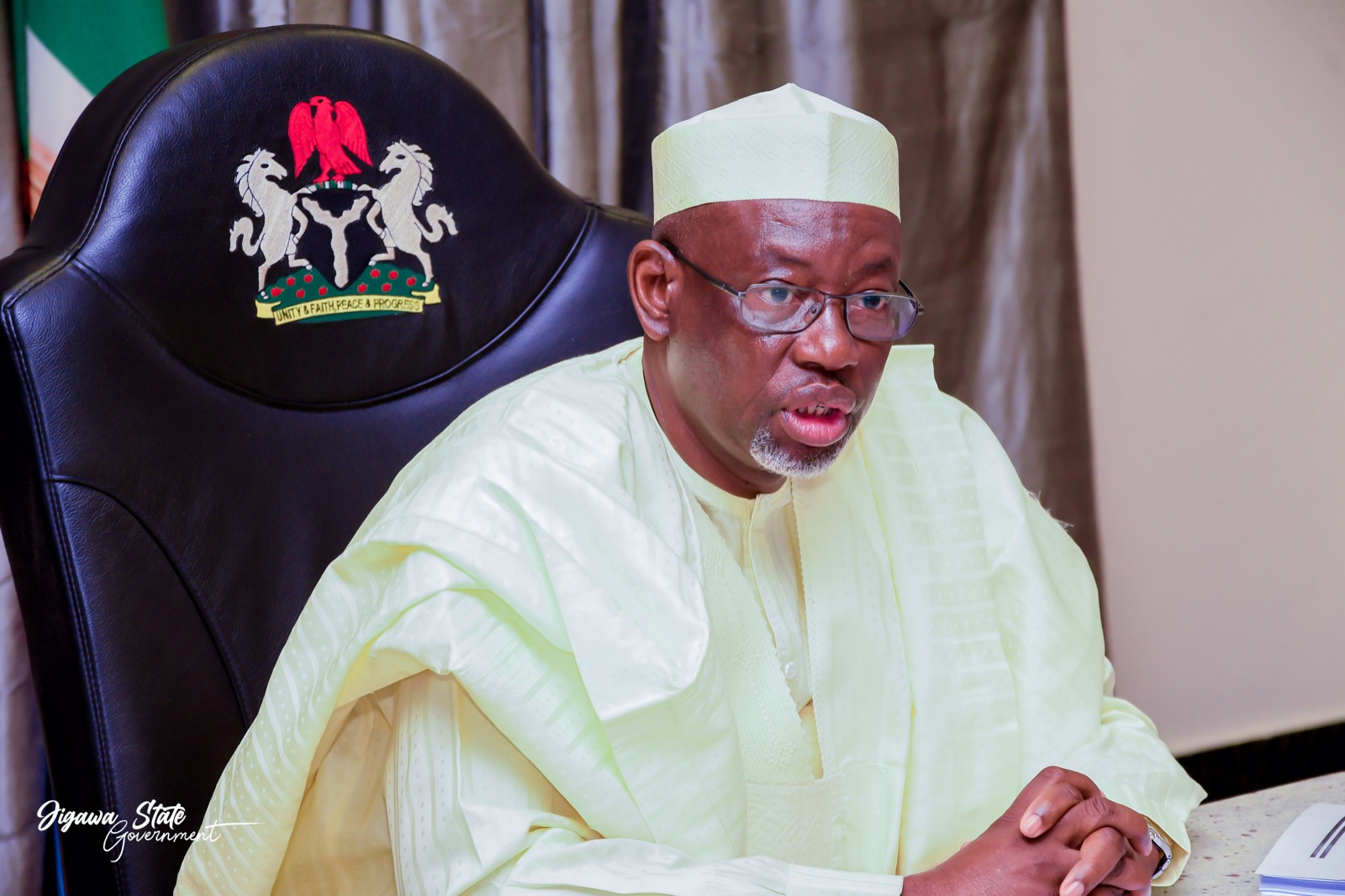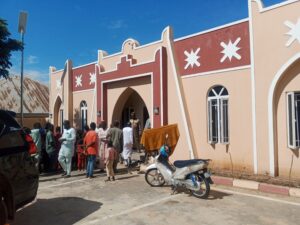
Governor Mallam Umar Namadi today inaugurated the State Economic Planning Board (EPB), marking a significant stride towards enhancing socioeconomic planning and development in the State. The establishment of the EPB is in accordance with Law No. 8 of 2016, a critical mandate derived from Section 7(3) of the Constitution of the Federal Republic of Nigeria, 1999.
The Economic Planning Board traces its roots to the enactment of the EPB Law around the Year 2000. Despite its existence, the law faced challenges leading to its repeal in 2012. However, its influence remained palpable, leading to the creation of Planning, Research, and Statistics Departments in Local Governments and the adoption of the Local Government Economic Empowerment and Development Strategy, alongside amendments to the Jigawa State Local Government Law.
The EPB Law was reenacted in 2016 with a renewed focus on ensuring effective functionality. Major functions include determining and recommending development policies for the State and Local Governments, coordinating their implementation, providing inputs into development plans, examining budget consistency, and overseeing project funding through the State and Local Governments Joint Projects Account.
The committee is tasked with a range of functions, including making recommendations on development policies, providing input into development plans, ensuring budget consistency, examining and taking action on budget implementation reports, approving projects for funding, monitoring compliance with the law, and overseeing equitable project distribution across the State.

Governor Mallam Umar Namadi assumes the role of Chairman, with his Deputy serving as Co-Chair. Other members include the Secretary to the State Government, Commissioners of key departments, the Special Adviser to the Governor on Budget and Economic Planning, the Chairman of the State ALGON, zonal representatives, and local government council chairmen, among others.
The Governor urged members, especially external participants experienced in policy and economic governance, to actively engage with the EPB Law and propose initiatives to keep the Board consistently active, not only during budget considerations but throughout the year. Emphasis was placed on technical proposals leading to recommendations for the attainment of State Development Objectives.
He expressed optimism in the capacity of the State Economic Planning Board to significantly contribute to the realization of the State’s development goals.
The State Economic Planning Board, established under Law No. 8 of 2016, is committed to fostering sustainable socioeconomic development by coordinating planning efforts at both the State and Local Government levels. With a focus on inclusivity and equity, the Board aims to ensure that the development agenda aligns with the State’s overarching objectives.


